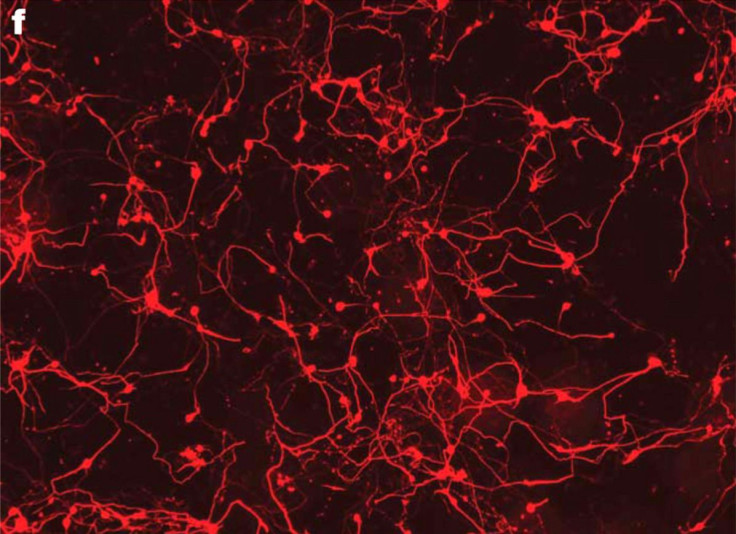Skin Cells Turned Into Neurons Without Gene Insertion: Study

Scientists have discovered a way to turn skin cells into neurons in both humans and mice using only minor chemical treatments. The researchers said their experiments could unlock new methods to help treat diseases in people using cells from one’s own body.
Previous approaches to use stem cells in medicine had exploited their ability to turn into different types of cells by adding genes to existing cells in order to force them to change. But this effort is intricate, expensive and carries a risk that the process may misfire and activate a cancer-causing gene.
The two new approaches were found separately by two teams of researchers working in China. Both teams use a less invasive approach, relying on so-called small molecule chemicals that are capable of passing through a cell’s wall, entering the nucleus where the DNA is stored and altering genes directly.
Gang Pei, a biochemist at the Shanghai Institutes for Biological Sciences, and co-author of one of the studies, said his team considered thousands of potential chemicals before finding a group of seven small molecules that could alter human skin cells to neurons, Science Magazine reported. The collection of molecules is known as VCRFSGY (valproic acid, CHIR99021, Repsox, Forskolin, SP600125, GO6983, and Y-27632). In a petri dish containing human skin cells, VCRFSGY was found to change them into functioning neurons over the course of a few weeks.
In a separate study, another group of Chinese researchers achieved the same results in mice by using a different chemical cocktail. The researchers said that the fact that two separate chemical cocktails had the same effects meant that the technique could compete with the traditional method of gene insertion for reprogramming cells. "In comparison with using transgenic reprogramming factors, the small molecules that are used in this chemical approach are cell permeable; cost-effective; and easy to synthesize, preserve, and standardize; and their effects can be reversible," Hongkui Deng of the Peking University Stem Cell Research Center, co-author of the study, said in a press release.
Results of both experiments were published Thursday in the journal Cell Stem Cell. The researchers said their findings could have important implications for personalized medicine, where they could help unlock new sources of transplantable cells for treatment or therapies for diseases. Pei’s team also found that skin cells from Alzheimer’s patients could be altered to neurons that express signs of Alzheimer’s, which he said could pave the way for new treatments for the disease.
© Copyright IBTimes 2024. All rights reserved.





















